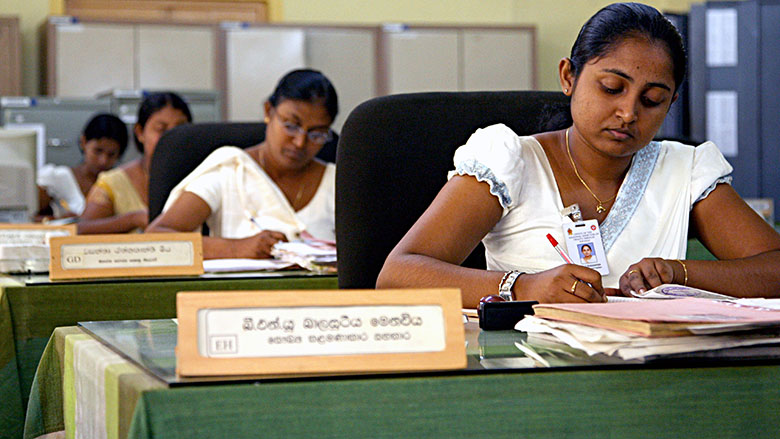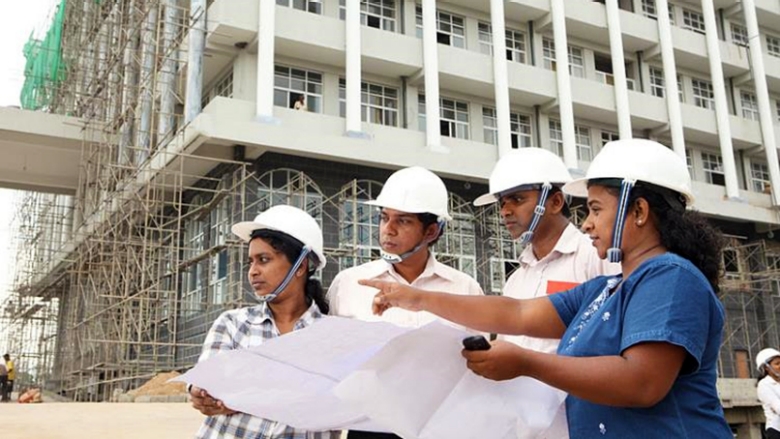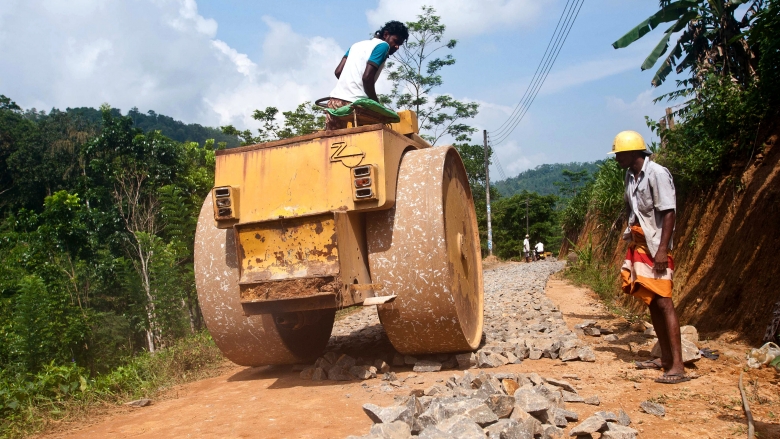Sri Lanka’s outlook remains stable but is conditional on reforms
With that in mind, the government has begun to implement the extensive and ambitious reforms outlined in Vision 2025, notably phasing out of para-tariffs, simplifying and speeding up procedures for investment, trade and setting up a business.
Aimed at enhancing competitiveness, improving governance and streamlining public financial management, the reforms are expected to bring in long-term benefits.
However, a challenging domestic political environment has already taken a toll, slowing down some reforms and complicating the stable medium-term outlook. An impending election cycle only elevates this risk.
Delays in improving tax administration are among the risks Sri Lanka must confront on the fiscal front. As successive instances of extreme weather have demonstrated, natural disasters could have an adverse impact on growth, the fiscal budget, the external sector and poverty reduction.
Further, public spending is only expected to increase as the country’s demographic transition advances, putting pressure on pension and healthcare systems.
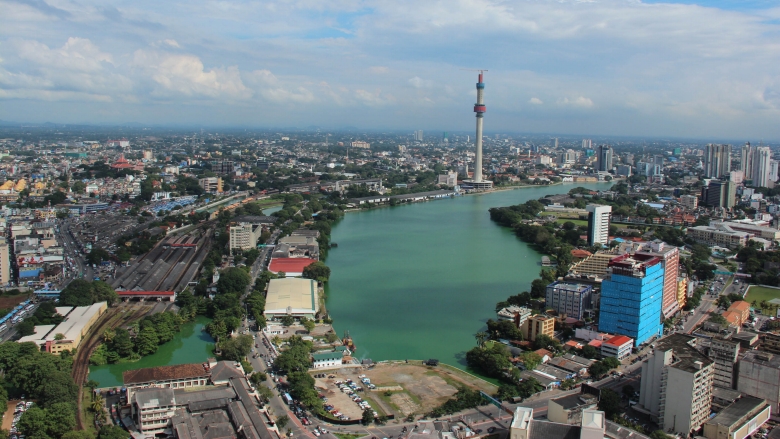
High fiscal risks from public and state-owned enterprises
Even as the central government’s debt to GDP ratio declined to 77.6 percent, it remains high compared to other middle-income countries and is subject to risks. Implementing the new Active Liability Management Act is critical to deal with the risks of refinancing the Eurobonds maturing between 2019 and 2022.
An integrated risk management approach is needed to manage debt and contingent liabilities linked to SOEs and the impact of natural disasters. Implementing without further delay the cost-reflective energy pricing formulas, and establishing a unified debt management office are critical.
In a context of high domestic interest rates, the gradual tightening of global financial conditions and an expected gradual depreciation of the exchange rate, increased fiscal discipline will prove critical. If seen through, continued fiscal consolidation will continue to reduce the debt burden in the medium term.
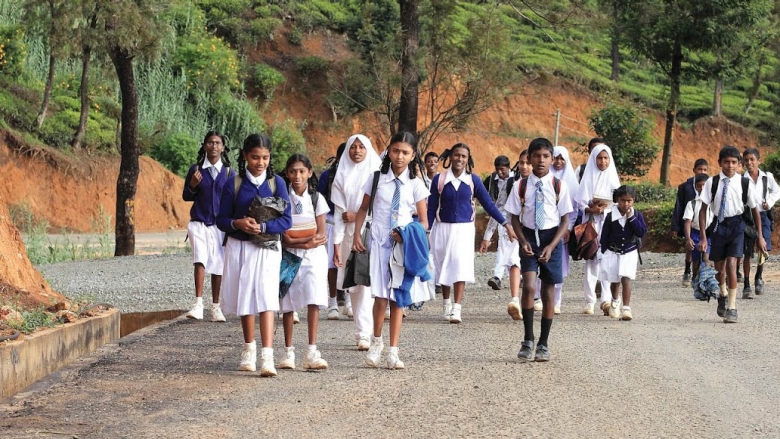
More and better jobs are critical to reach upper-middle income country status
. . As the country prepares to embrace a new private investment-tradable sector-led growth model, a large, skilled labor force will be vital to driving growth and addressing the challenges presented by the demographic transition to an aging population.
Improving the supply of jobs, through attracting more foreign direct investments (FDI) to plug into global and regional value chains, improving the environment for trade, business, innovation and entrepreneurship are essential.
Equally important is addressing the supply of labor, by encouraging female labor force participation and equipping students with the relevant skills required in an aspiring Upper Middle-Income economy.
Regional disparities too must be addressed. The consequences of the conflict are still visible in the labor outcomes in the Northern and Eastern Provinces, with employment rates in these provinces still below the national average - 44 and 42 percent in the Northern and Eastern Provinces as compared to employment rates of 50 and 54 percent in the Western Province and other provinces, respectively. It is clear that post-conflict provinces need to create the most jobs.
